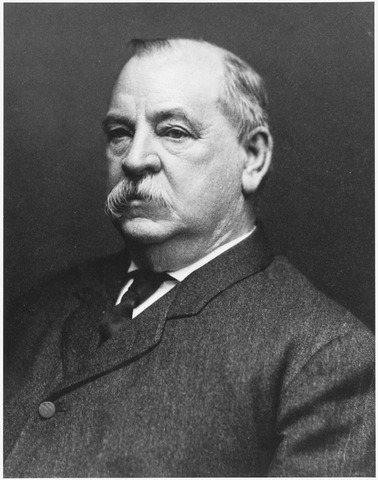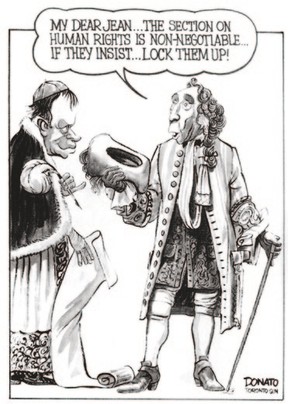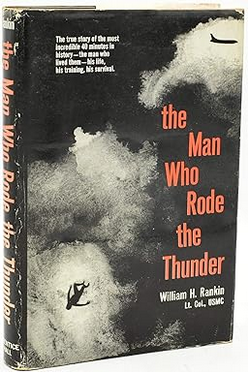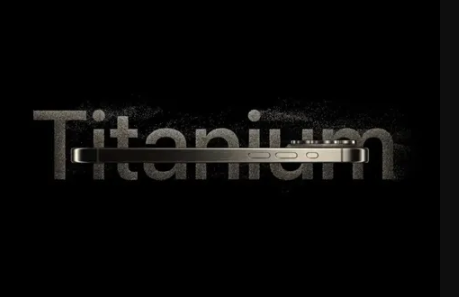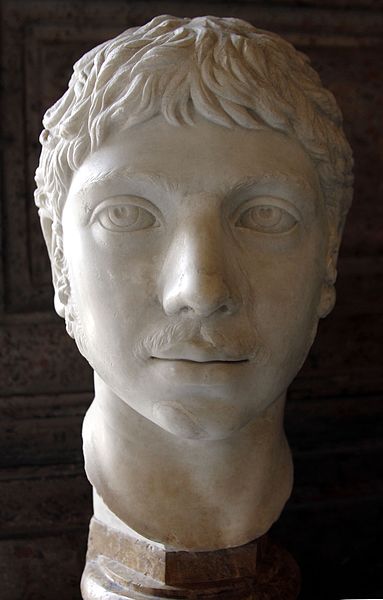Craig Pirrong outlines just how much work Argentinian President-Elect Javier Milei will have to accomplish to begin to bring Argentina’s government in line with his electoral mandate:
When I wrote Milei is not a leftist, let’s say that rather understates the matter. Milei loathes leftists and leftism, and repeatedly refers to them on television and in public appearances in scatalogical terms, calling them “leftards”. He despises collectivism, and asserts bluntly that leftists are out to destroy you. His mission is to destroy them first.
As someone so vehemently hostile to the left and well outside conventional political categories, Milei’s victory has triggered a mass moral panic, especially in the media. The New York Times coverage was (unintentionally) hilarious: “Some voters were turned off by his past outbursts and extreme comments over years of work as a television pundit and personality.” Well, obviously a lot more weren’t, but I guess one has to take solace where one can, eh, NYT?
Milei’s agenda is indeed a radical one, especially for a statist basket case like Argentina. To combat the country’s massive (140 per cent annualised) inflation, Milei says he will dollarise the economy and eliminate (“burn down”) the central bank. He also wants to reduce radically the role of the state in Argentina’s economy. He says he wants to “chainsaw” the government – and emphasises the point by campaigning with an actual chainsaw.
His election on this programme sparked a rally in Argentine financial markets, with government debt rising modestly and stock prices rallying smartly.
Will Milei be able to deliver? Some early commentary has doubted his ability to govern based on the fact that his party’s representation in the legislature is well below a majority. That may be an issue, but not the major obstacle to Milei’s ability to transform Argentina into what it was at the dawn of the 21st century: an advanced, rapidly growing economy and a relatively free society.
The real obstacle is one that is faced by anti-statists everywhere – the bureaucracy. (I do not say “civil service” because that phrase is at best aspirational and more realistically a patent falsehood. Akin to the Holy Roman Empire that was neither holy nor Roman, the “civil service” is neither civil nor a service.)
Argentina’s bloated state is its own clientele with its own interests, mainly self-preservation and an expansion of its powers. Moreover, it has created a whole host of patronage clients in business and labour. Milei’s agenda is anathema to this nexus of public and private interests. They will make war to the knife to subvert it.
Even a president with an electoral mandate faces formidable obstacles to implementing his agenda. The most important obstacle is what economists call an “agency problem”. The bureaucrats are agents of the chief executive, but it can be nigh unto impossible to get these agents to implement the executive’s directives if they don’t want to. Their incentives are not aligned with the executive, and are often antithetical. As a result, they resist and often act at cross purposes with the executive.
The modern chief executive’s power to force his bureaucratic agents to toe the line is severely circumscribed. At best, the executive can make appointments at the upper levels of the bureaucracy (such as the heads of ministries or departments), but the career bureaucrats who can make or break the executive’s policy are beyond his reach, and not subject to any punishment if they subvert the executive’s agenda.




